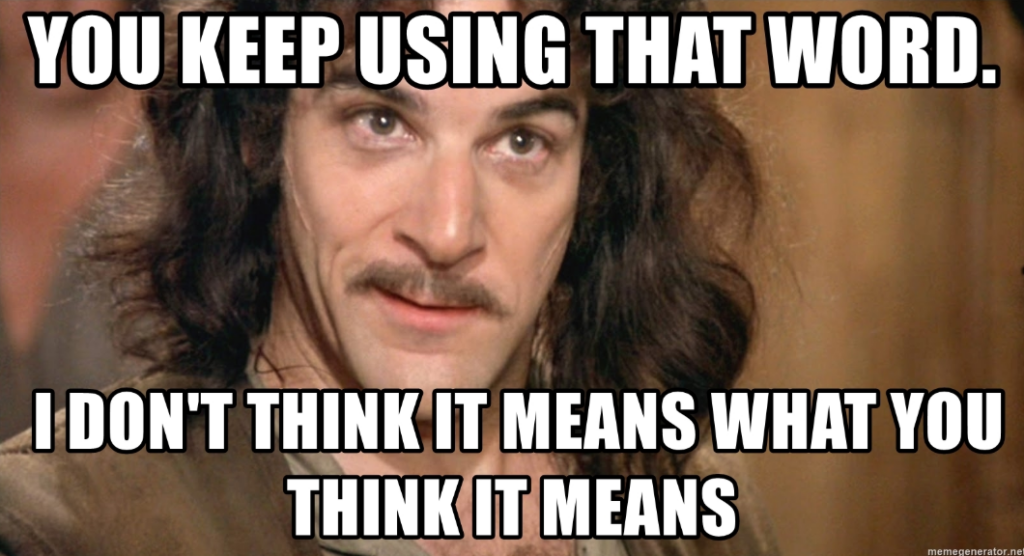The US Supreme Court just laid out an 8-0 decision (Justice Neil Gorsuch recused himself) that to me looks devastating for the environmental psychopaths in the climate cult. And while I may be reading too much into it, this was a unanimous outcome. Even the liberal justices agreed.
The court ruled that the federal environmental review process need not take into account the broader impact of a project on the environment, and that enough had already been done in the case to satisfy legal requirements.
The case revolves around an effort to halt the construction of an 88-mile rail line that would transport shale oil from a rich area in Northeast Utah to existing rail lines and refineries outside the state. Mineral resource. Transportation infrastructure. Affordable energy.
Opponents sued to stop it because they hate you, and when the case arrived at the High Court, it smacked down every lower court that had agreed with the plaintiff’s claims. That the National Environmental Protection Act (NEPA) didn’t mean what they said it meant.

An environmental review, known as an environmental impact statement, or EIS, “did not need to address the environmental effects of upstream oil drilling or downstream oil refining. Rather, it needed to address only the effects of the 88-mile railroad line,” he said.
Remember 8-0, with Gorsuch recusing.
Kavanaugh described NEPA as “a purely procedural statute that … simply requires an agency to prepare an EIS—in essence, a report.”
“Importantly, NEPA does not require the agency to weigh environmental consequences in any particular way,” he wrote.
“NEPA is a procedural cross-check, not a substantive roadblock. The goal of the law is to inform agency decisionmaking, not to paralyze it.”
Here’s me overthinking.
Agencies still have their remits, and we know they are littered with activist types who would slow walk or ignore law or procedure in favor of their personal beliefs, but saying that a foundation of environmental policy cannot be leveraged by troublemakers in this way seems groundbreaking to me.
If the government is not required to consider downstream impacts, can the government sue companies it licensed, permitted, taxed, and regulated for damages years later? If the watchdogs didn’t see them, why is the business responsible unless it discovered and then hid them?
The concept of knowing and hiding has long been the premise of states suing oil companies for emissions they claim are warming the planet, a tortured notion that also includes the idea of cooling it. And it is no coincidence that the same states trying to extract a payday are overspending and fiscally mismanaged. The truth is less about emissions and more about needing new sources of revenue to waste and abuse.
Does this send a message, and will lower courts get it and heed it? I’m not convinced of either, not yet, but given the 8-0 decision, it looks and sounds like a huge step in the right direction.